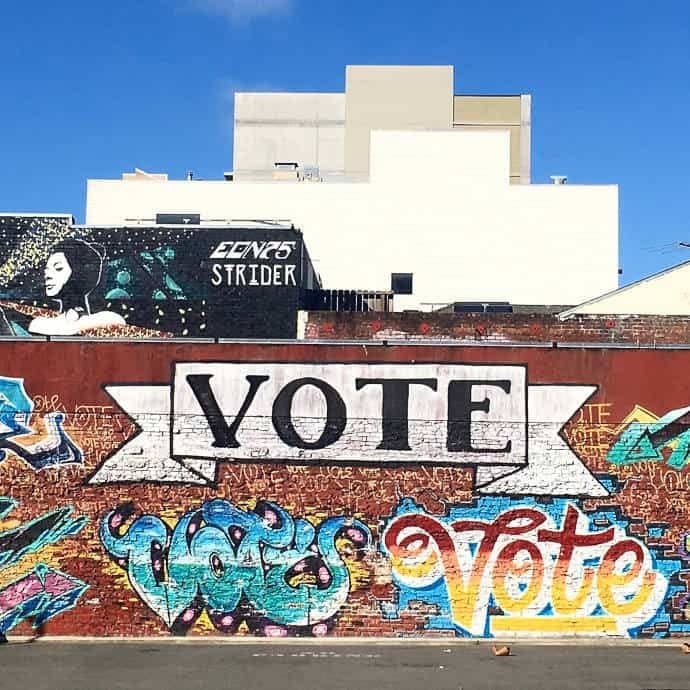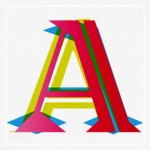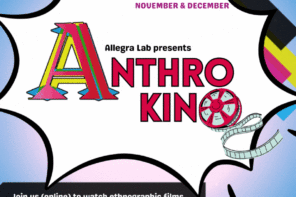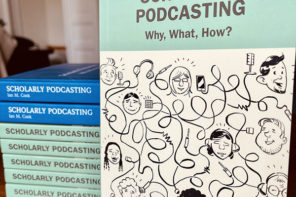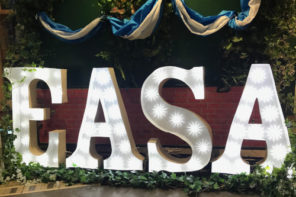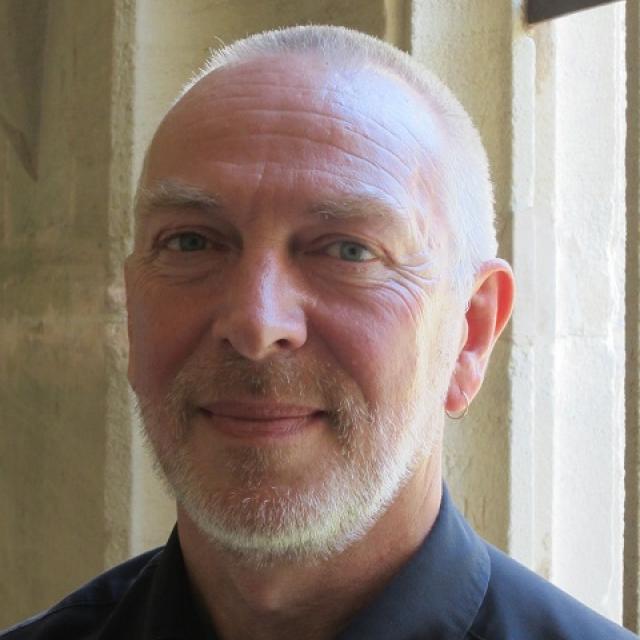
Marcus: I studied social anthropology as an undergraduate (1978-1981), along with a little archaeology and biological anthropology. I then did a PhD in social anthropology, with a study of contemporary Indian Jains (a minority Indian religion, similar in some ways to Buddhism) in India and as migrants in the UK. I then spent a year at film school, training to be an ethnographic filmmaker; I chose not to pursue this as a career (to be honest, I wasn’t very good at it!) but it triggered my interest in visual anthropology. After a couple of temporary and fixed term teaching posts I was lucky enough to be appointed to a permanent lectureship at Oxford University (UK), where I have been ever since. Over the past few years I have conducted research on: ethnicity and nationalism; the history of ethnographic film; non-fiction and fiction film in India during the British colonial period; visual methodologies in the social sciences; visual practices and ideas of evidentiality in forensic science; and, most recently, visual practices and mobile phone use in India. I have written and co-edited a number of books, and written articles on most of these topics – see my webpage for details.
Allegra: What are your main motivations in joining the EASA Committee? Do you have some ‘insider’ knowledge of the association?
Marcus: I had no ‘insider knowledge’ of EASA when I put myself up for election, although I had attended a couple of EASA conferences in the past. However, a few years ago I was a member of the equivalent UK body (the Association of Social Anthropologists of the UK and Commonwealth) and very much enjoyed the opportunity to get to know my UK – and Commonwealth – colleagues better, and to serve the local anthropological community. I have had long-standing professional relationships with anthropological colleagues in other parts of Europe (for example, at the University of Vienna, which resulted in a co-edited volume on neo-nationalism), so when some European colleagues suggested I might enjoy being a part of the EASA team, I was happy to put myself forward. As you know, I am standing for re-election, and although I am quite busy in my own department (I am currently Director of Graduate Studies for one of the largest anthropology departments in the UK) I feel I still have a big part to play in the future direction of EASA, particularly with regard to the growth and development of the Networks.
Allegra: What are your views regarding Open Access publishing and ‘public anthropology’ more broadly?
Marcus: I think ‘open access’ means different things in different European countries. In the UK, a lot of social anthropological research is publicly funded (through the ESRC – the Economic and Social Research Council) and so it is only right that the public should have access to the findings from that research. More importantly, I wish politicians and policy-makers would read it! You may remember that the British MP Michael Gove claimed that the British public have ‘had enough of experts’ during the 2016 Brexit debates. I don’t blame Gove for saying this (he was talking about economists!) but I do think we as social anthropologists should rethink our strategies for disseminating our research. This is therefore directly related to ‘public anthropology’, or the dissemination of anthropological research to a broader, non-academic audience.Very little of my research has much public appeal, and I do not apologise for this!, but over the years I have given talks to schoolchildren, community groups, and local art societies. I have also conducted research into the effect of televised ethnographic film on UK school children’s choice of social anthropology as a degree subject at university.
Allegra: A new generation of anthropologists is experiencing a series of concerns related to their profession and their future. How do you see the role of EASA in this scenario?
Marcus: This is undoubtedly an important question and I think it will be very helpful to identify the specific disciplinary aspects to it. Academic precarity is widespread across Europe, but it varies by discipline, and by country. What is specific to social anthropological academic precarity, and where? Here in the UK, identified by one of the speakers at the EASA Bern workshop / AGM in 2017 as the extreme end of the neo-liberal ‘gig economy’ in academia, I doubt anthropologists can achieve anything as disciplinary specialists in this area of employment. We need to join together with our other colleagues in the social sciences and humanities in collective action through our trade union. In the UK, my union is the UCU (University and College Union) and I would urge all precariously employed social anthropologists to join their local trade union.
Less tub-thumpingly!… I think whoever is elected to the EASA Executive Committee would welcome practical – and creative! – ways in which anthropology departments across Europe could introduce career planning advice and share best practice.
Featured image by wiredforlego (flickr, CC BY-NC 2.0)

